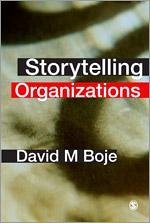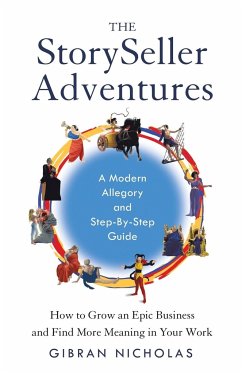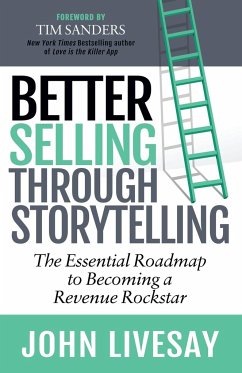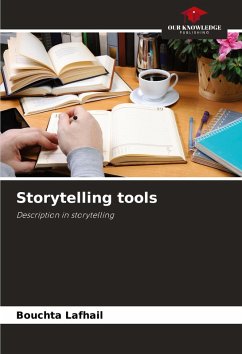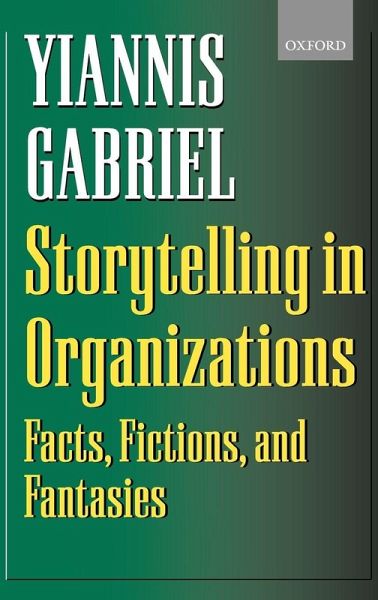
Storytelling in Organizations
Facts, Fictions, and Fantasies

PAYBACK Punkte
106 °P sammeln!
The book's first part develops the theory of storytelling by building on various approaches, including narrative, folkloric, ethnographic, symbolic, social constructionist, and psychoanalytic. The second offers a set of four studies that make use of stories in exploring particular aspects of organizational life.






